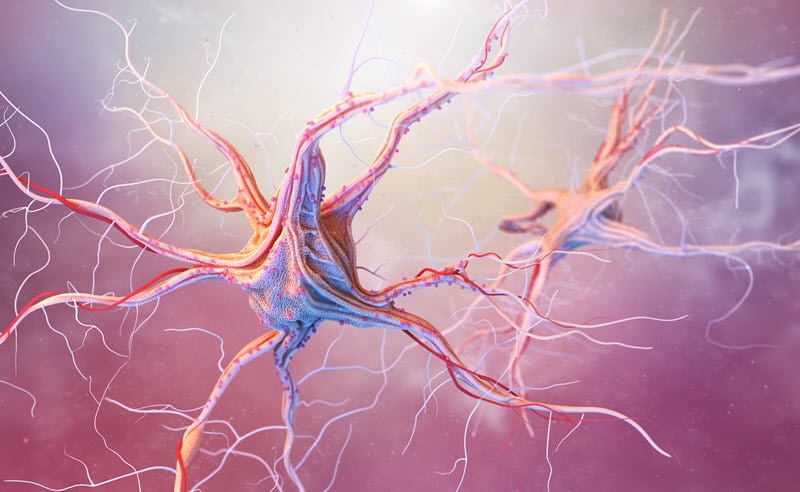Loss of Sensory Function

Loss of sensory or muscle function on one side of the body or hypoesthesia is a medical condition that can be attributed to various causes. The condition often manifests as reduced sensation and receptivity to touch or other outside sensory stimuli. While the condition can persist temporarily, it can also lead to a permanent state, mainly when a lesion occurs on the spinal cord.
Doctors point out that sensory function loss can be traced to nerve damage, ineffective receptors, and cerebral impairment. In addition, atherosclerosis can be a culprit to the manifestation of hypoesthesia because the narrowing and stiffening of arteries and blood vessels due to plaque buildup can cause problems with the sensitivity of the organs. The plaque can also damage the nerves attached to the blood vessels if they lodge themselves and the blood carves out a path to circulate properly. Although the condition can present itself temporarily if the duration lengthens and the frequency intensifies, it may be time to seek professional help. Early onset sensory loss could be cured, but doctors must determine its cause and explore several possible treatments.










